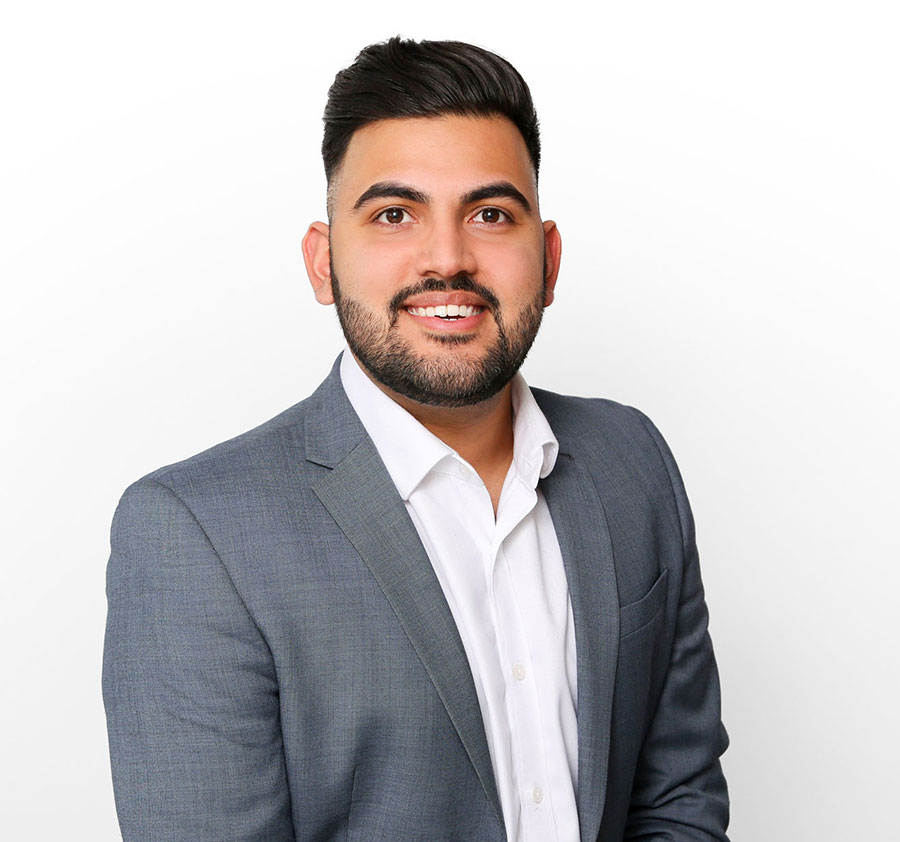About the author:
Vishal Dattani: I’m a trainee trade mark attorney in the Leeds office of Appleyard Lees. I have a background in law, having studied for the GDL and LPC prior to joining Appleyard Lees. Completing my masters report in intellectual property (IP) stimulated my passion to continue my career in the field. Since starting as a trainee, I’ve particularly enjoyed the interplay between the enforcement of trade mark rights and branding for business owners.
Like many, I’ve always had an interest in keeping up with trends by buying new electronic goods or shopping for the latest outfits – the cheaper the price, the better…right? As consumers, we are generally accustomed to seeing the end product – without quite realising or even considering the supply chain, or how the goods reached the shop counter (or your doorstep). Many holidaymakers may have been tempted by a fake t-shirt for a knock-down price. Before joining the profession, even I was naive to the sinister origins of fakes, but now realise the impact of these types of purchasing decisions, especially since becoming involved with the Anti-Counterfeiting Group (ACG).
What is the ACG?
The ACG is an organisation of brand owners, brand representatives and international anti-counterfeiting authorities, who aim to end the manufacture and sale of illicit and pirated goods worldwide. To do this, they work to raise awareness of the true consequences of transnational IP crime.
My experience
I’ve had some exposure in the field from working with clients like Puma (who regularly deal with third-party infringers selling counterfeit goods), preparing customs recordal applications and filing take-down notices. So, when an opportunity arose to join the ACG, this seemed like a really interesting organisation, and a natural fit for me, to become involved in.
Wanting to know more, I came across a TedX talk by Alastair Gray – “How fake handbags fund terrorism and organized crime”. For anyone reading this blog, I’d highly recommend spending twelve minutes watching the talk. To summarise the key messages, Gray says that counterfeit goods are a trillion-dollar, underground economy run by criminal organisations. Gray claims revenue from IP crime funds human-trafficking, drug cartels and child labour.
Through the ACG, I have access to roundtable meetings where companies like Amazon, eBay and Alibaba discuss all sorts of topics related to combating and handling counterfeit goods. The opportunity to sit in on the talks has been invaluable and the decision to join the ACG has certainly been worthwhile. It’s a real eye-opener.
If you’d like to learn more or become a member, get in touch with the ACG.








